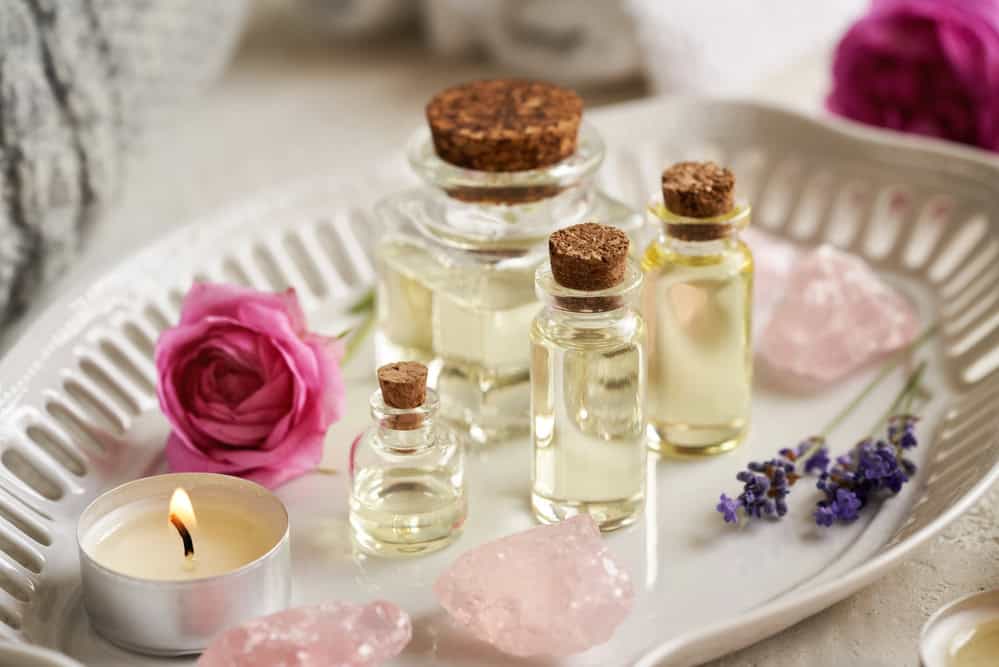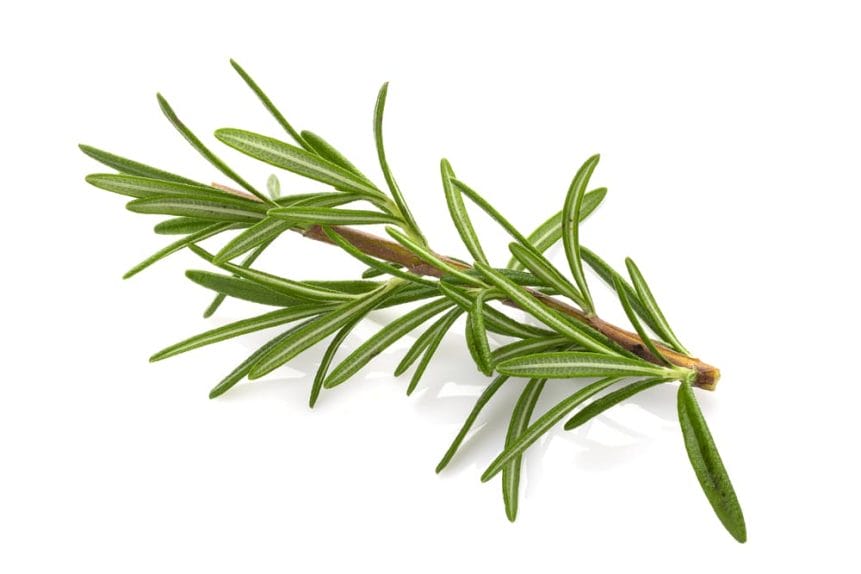
What aromatherapy is all about – principles of using essential oils
There are many types of alternative medicine with beneficial effects on people’s health. One of them, gaining increasing recognition, including in our country, is certainly aromatherapy, treatments with the addition of essential oils that have a therapeutic effect. It is definitely worth getting acquainted with it a little more closely and test its effectiveness on yourself .
In a nutshell:
- Aromatherapy, a set of treatments done with aromatic oils that have a beneficial effect on health.
- The oils introduce substances with proven therapeutic properties into the body through inhalation, inhalation of vapors or application to the skin.
- Essential oils come from a variety of plants, but all have a rich composition, full of valuable nutrients, including vitamins, that penetrate the skin or mucous membranes.
- A variety of oils are used in aromatherapy, including eucalyptus, tea tree, rosemary, lavender and peppermint.
- There are contraindications to undergoing aromatherapy treatments, which should always be taken into account.
Contents
What is aromatherapy and what is its history?
Aromatherapy can be defined as treatments with multiple health benefits, involving the use of plant oils, called aromatic oils, poured into a bowl of hot water to produce healing vapors. Such treatments can support ongoing treatment to improve weakened health.
Aromatherapy is a variety of natural medicine known to mankind for more than 4,000 years, which is mentioned in surviving documents from ancient Egypt, Greece and Rome, among others. The name itself dates to a much later period and only began to be used in the 20th century.
It can also be said of this therapeutic method that it has a positive effect not only on the body, but also on the mind through scent, so it is not surprising that over the millennia it has spread in many cultures around the world.
How does aromatherapy work?

We already know what it is to support healing with essential oils. Next, we should learn how such treatments work to improve our health and well-being, especially after a hard day’s work.
They involve the introduction into the body of oils obtained from various plants with proven therapeutic properties. This is usually done in two ways, by inhalation after adding a few drops of the oil in hot water, or by applying it directly to the skin.
Aromatherapy also uses special diffusers, practical devices that spray blends of essential oils throughout a room. Also worth using are so-called fireplaces, vessels into one part of which a few drops of undiluted oil are poured, and a candle is set below to heat it. In all cases, the resulting vapor should be inhaled, the smell spreading through the air.
What are the effects of essential oils?
It is also worth learning what aromatherapy oils, or natural essential oils, actually are. Their source is a variety of herbs and plants with proven, beneficial properties for human health, which are often known for centuries. Among other things, they can effectively alleviate the symptoms of many, more or less serious ailments.
Science defines essential oils as highly concentrated plant extracts, volatile fragrances. They are extracted from various parts of plants, including fruits, flowers, leaves, rhizomes, stems or roots.
They can be either fresh plant fragments or dried, and the oils are obtained usingeither cold pressing or a steam distillation process. They retain their full properties, and their extremely rich composition includes such active compounds as:
- terpene compounds;
- esters;
- ketones;
- alcohols;
- coumarins;
- hydrocarbons;
- aldehydes;
- phenols.
The oils are not soluble in water, but in alcohols and fats, and their effectiveness lies in their ability to penetrate the skinhand or mucous membranes, allowing them to reach the very source of the health problems plaguing us.
Which essential oils are most commonly used in aromatherapy?
Aromatherapy, which is gaining in popularity, uses oils extracted from various plants, either native or exotic to our country. Specialists in herbalism and this method of dealing with various ailments primarily recommend:
Lavender oil

Whose source is lavender and which we can safely say is the most widely used, alsoalso for carrying out aromatherapy at home, It is valued for its wide positive effects on health, its calming effect, reducing nervous tension and spontaneous motor activity.
This is due to its effect on the centrifugal nervous system, you can effectively improve the quality of sleep with its help, it also has a strong relaxing, antidepressant and anti-anxiety effect.
Eucalyptus oil

Natural medicine uses essential oils made from the leaves of this exotic plant, perfect for upper respiratory infections, colds or flu.
It very quickly relieves such of their symptoms as a runny nose or cough, and can also be applied to the skin, externally for muscle and joint pain. Its antiseptic, anti-inflammatory and soothing properties, in turn, make it suitable for use, for example, in the treatment of acne and other skin irritations.
Tea tree oil

Finding increasingly widespread use due to its broad health-promoting properties, it is used not only in natural medicine, but also in cosmetics, as an additive to creams, gels or tonics and shampoos.
Its properties include antioxidant, antiviral, anti-inflammatory, anti-fungal and even anti-dandruff effects. It is suitable for skin care, reducing perspiration, soothing itchy skin irritation and muscle pain, treating acne and the common cold.
Rosemary oil

When choosing oils for aromatherapy, do not forget about the oil made from rosemary, a plant popular not only in the kitchen, while having numerous properties that promote our health. It effectively reduces most of the negative effects of stress and other nervous tensions.
In addition, it has a good effect on the work of the brain and nervous system, increases mental performance, improving memory and concentration. It can also be used for relaxation and to relieve feelings of fatigue. It is also used for massage, and helps reduce muscle tension, pain and relieve inflammation.
Peppermint oil

Aromatherapy treatments also use peppermint extracts, oils extracted from peppermint leaves. Peppermint oil is characterized primarily by its strong analgesic effect, which is due to the menthol it contains.
It also has antiseptic and antibacterial properties, has a soothing effect on the skin, reduces the swelling that occurs on the skin, and reduces the feeling of itching caused, for example, by irritation of the epidermis.
Are there any contraindications to the use of aromatherapy?
The above-mentioned oils are not all that are used in aromatherapy, for example, exotic oil ylang-ylang, sandalwood oil, or bergamot oil are used just as often. However, it is worth knowing that there are certain contraindications that make it difficult or even impossible to undergo such treatments.
In particular, experts do not recommend them for pregnant and breastfeeding women, as well as for allergy sufferers, since some oils can cause painful skin irritation in them. Special caution should also be exercised if you have high blood pressure, epilepsy, asthma and cancer.
Sources:
- https://www.healthline.com/health/what-is-aromatherapy
- https://www.healthline.com/health/what-is-aromatherapy-massage
- https://www.healthline.com/health/lavender-oil-for-skin
- https://www.healthline.com/health/lavender-oil-for-hair
- https://www.healthline.com/health/9-ways-eucalyptus-oil-can-help
- https://www.healthline.com/nutrition/tea-tree-oil
- https://www.healthline.com/nutrition/rosemary-oil-benefits
- https://www.healthline.com/health/benefits-of-peppermint-oil



